Search
Search Results

Definition
Franz Liszt
Franz Liszt (1811-1886) was a Hungarian composer of Romantic Music. Liszt first gained international fame as a piano virtuoso, an activity in which he was a pioneer, and then as a composer of piano works and symphonic poems, a form he created...

Image
Franz Liszt Monument, Weimar
A monument in Weimar, Germany to Franz Liszt (1811-1886), the Hungarian composer of Romantic Music.
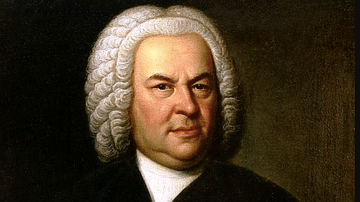
Definition
Johann Sebastian Bach
Johann Sebastian Bach (1685-1750) was a German organist and composer whose work is today regarded as amongst the finest of mature baroque music (c. 1600-1750). More famous as an organist than as a composer in his own lifetime, Bach's rich...
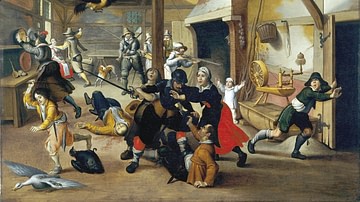
Definition
Thirty Years' War
The Thirty Years’ War (1618-1648) was the last major European conflict informed by religious divisions and one of the most devastating in European history resulting in a death toll of approximately 8 million. Beginning as a local conflict...
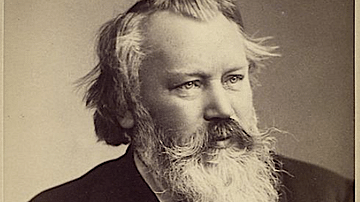
Definition
Johannes Brahms
Johannes Brahms (1833-1897) was a German composer of Romantic music best known for his symphonies, songs, and orchestral, chamber, and piano music. A great student of the history of music, Brahms was convinced that only by working within...

Definition
Richard Wagner
Richard Wagner (1813-1883) was a German composer of Romantic music most famous for his epic operas like The Ring, Tannhäuser, and Tristan and Isolde. Wagner was concerned throughout his career with the theme of redemption through love and...
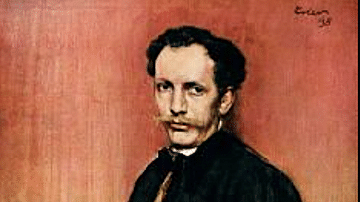
Definition
Richard Strauss
Richard Strauss (1864-1949) was a German conductor and composer of both innovative late-Romantic and Modernist music. He is best known for his symphonic poems and operas like Salome and Elektra, both of which caused a sensation. Strauss gained...
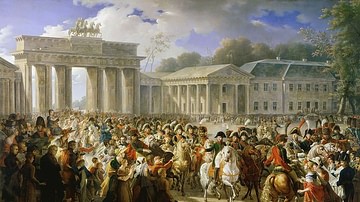
Definition
War of the Fourth Coalition
The War of the Fourth Coalition (October 1806 to June 1807) was a major conflict during the Napoleonic Wars (1803-1815). The Fourth Coalition consisted of Russia, Prussia, Saxony, Sweden, and the United Kingdom, against the First French Empire...
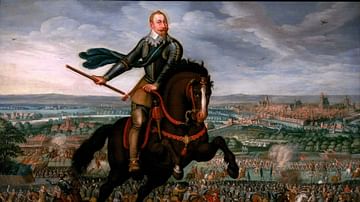
Definition
Gustavus Adolphus
Gustavus Adolphus (l. 1594-1632; r. 1611-1632) was the King of Sweden who elevated his country to a major power in the 17th century. He also is traditionally recognized as the "Father of Modern Warfare" for his military innovations and his...
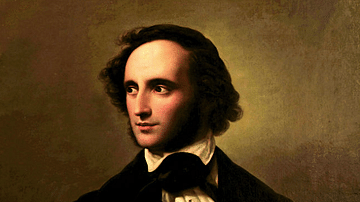
Definition
Felix Mendelssohn
Felix Mendelssohn (1809-1847) was a German composer of Romantic music best known for his symphonies, overtures, concertos, piano pieces, and songs. Amongst his most popular works are his Wedding March from his score for A Midsummer Night's...